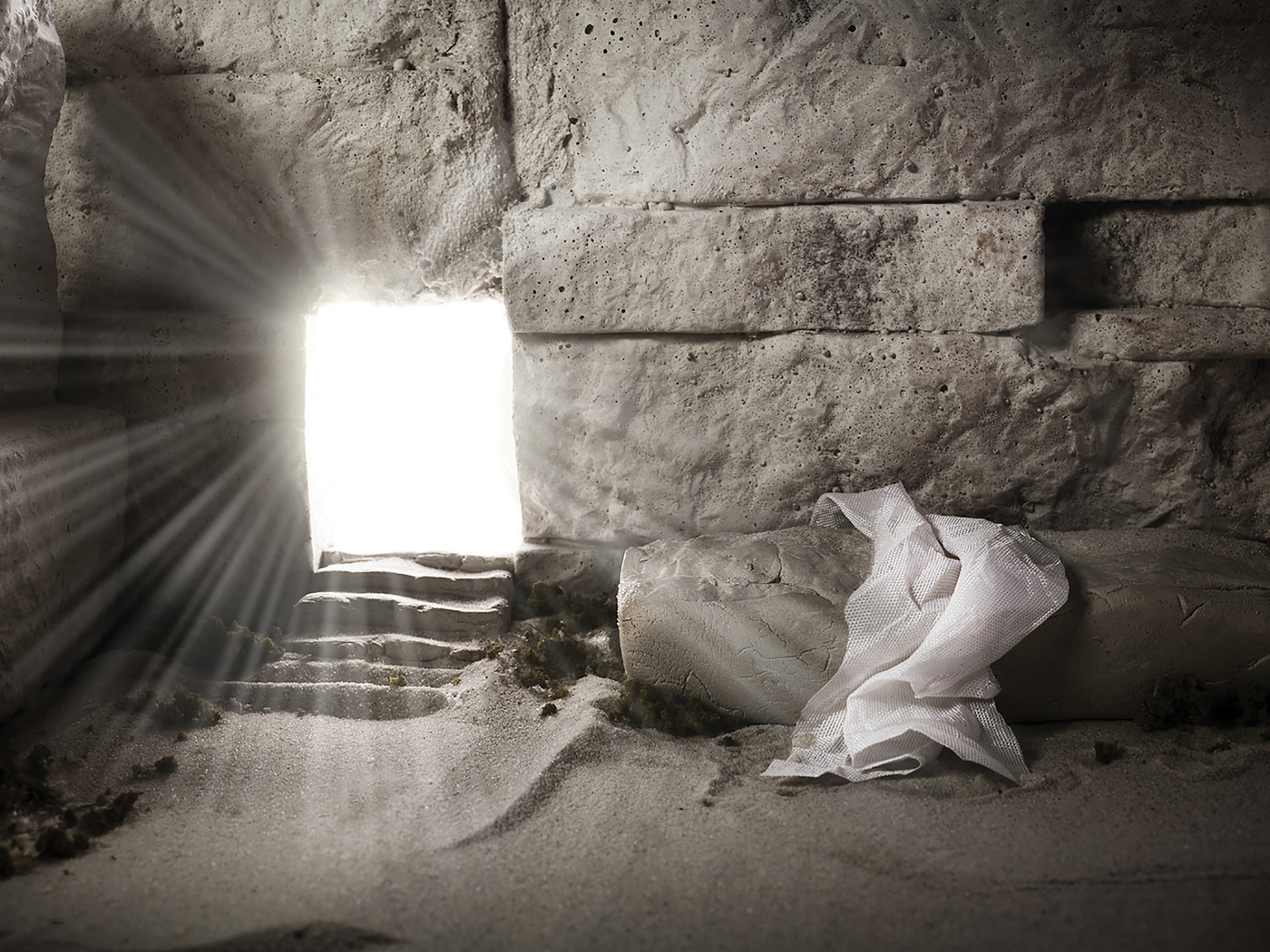Search Tools
New Defender's Study Bible Notes
22:5 take diligent heed. Although it had been appropriate for some of the tribes to occupy the lands which the Lord had given Israel east of the Jordan (the promised inheritance had never been bounded by the Jordan River), and although the two and one half had fulfilled all their obligations as they had promised, Joshua realized there was a potential danger in this geographical separation. Consequently, he gave them this urgent admonition before sending them home.
22:10 built there an altar. Very probably because of Joshua’s admonition, these eastern tribes thought it advisable to build a large altar on the west bank of Jordan, patterned after the altar in the tabernacle, as a perpetual reminder to the tribes on both sides of the Jordan of their ongoing unity. With all their good intentions, however, they were acting on their own volition, not on God’s orders, and the western tribes seriously misunderstood their purpose.
22:26 not for burnt-offering. If the eastern tribes had actually intended to use this altar for worship purposes, it would have been directly against God’s command and, in fact, a capital crime (Deuteronomy 12:1-14; 13:12-15).
22:34 called the altar Ed. The Hebrew word for “witness” is ed. The altar was intended always to remind the tribes that Jehovah (or Yahweh) was the one true God.










